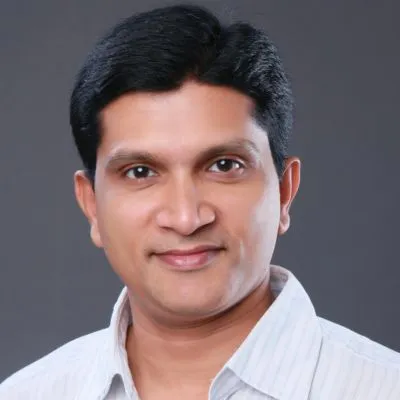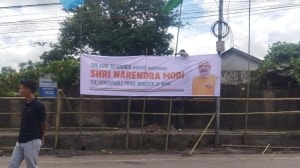Chief Justice of India N V Ramana expressed concern Thursday over attempts by a section of the media to give communal colour to news and flagged lack of accountability of social media and digital platforms, saying they do not respond to complaints even from judges.
“The problem is everything in this country is shown with a communal angle by a section of the media… The country is going to get a bad name ultimately,” the CJI said.

He made these remarks while hearing a batch of petitions — the Bench also comprised Justices Surya Kant and A S Bopanna — which sought action against news channels for presenting news of the Tablighi Jamaat meeting at the Nizamuddin Markaz in Delhi last year with alleged communal overtones.
Story continues below this ad
Expressing anguish over the manner in which social media and digital platforms tarnish institutions at times, the CJI said: “There seems to be no control on web portals. They can publish anything they like. If you go to YouTube, so much is shown in a minute. How much fake news and distortions take place! There is no control. Anybody can start any channel, any TV.”
He said the platforms do not respond to queries on what they publish. “These channels… there is no accountability… They never respond… This is the condition of institutions, forget individuals,” he said, adding “they consider only people who are powerful. Institutions, common man, judges, they do not. This is what we have seen”.
Senior Advocate Sanjay Hegde, appearing for one of the petitioners, referred to the suspension of his account by Twitter and said he had filed a petition regarding this before the Delhi High Court.
Solicitor General Tushar Mehta, appearing for the Centre, said the government wanted viewers to get the news as it is. The government’s attempt, he said, is to balance freedom of the press and the citizen’s right to get unadulterated news.
Story continues below this ad
Responding to the CJI’s concerns, Mehta said there was also the problem of “planted stories” on portals. “Not only communal, but also planted stories,” he said.
The bench sought to know if he was saying that no regulation is required for such platforms. “You have a regulatory regime for TV and papers. Are you saying these web portals and YouTube channels don’t require any regulation?”. It asked if there is any self-regulatory mechanism in place.
Mehta said there is a regulatory regime now for SM and OTT platforms and referred to The Information Technology (Intermediary Guidelines and Digital Media Ethics Code) Rules, 2021.
The Rules, he said, call for appointment of an Indian resident as the grievance redressal officer. He said the Rules have been challenged in various High Courts and the Centre has filed a petition seeking transfer of all these cases to the Supreme Court.
Story continues below this ad
He also cited the Cable Television Networks (Amendment) Rules, 2021, saying it provides for two layers of self-regulation and then oversight by a government committee. He said the government wants only minimum statutory control.
The bench said it will hear the matter again, along with the transfer petition by the Centre, after six weeks.










